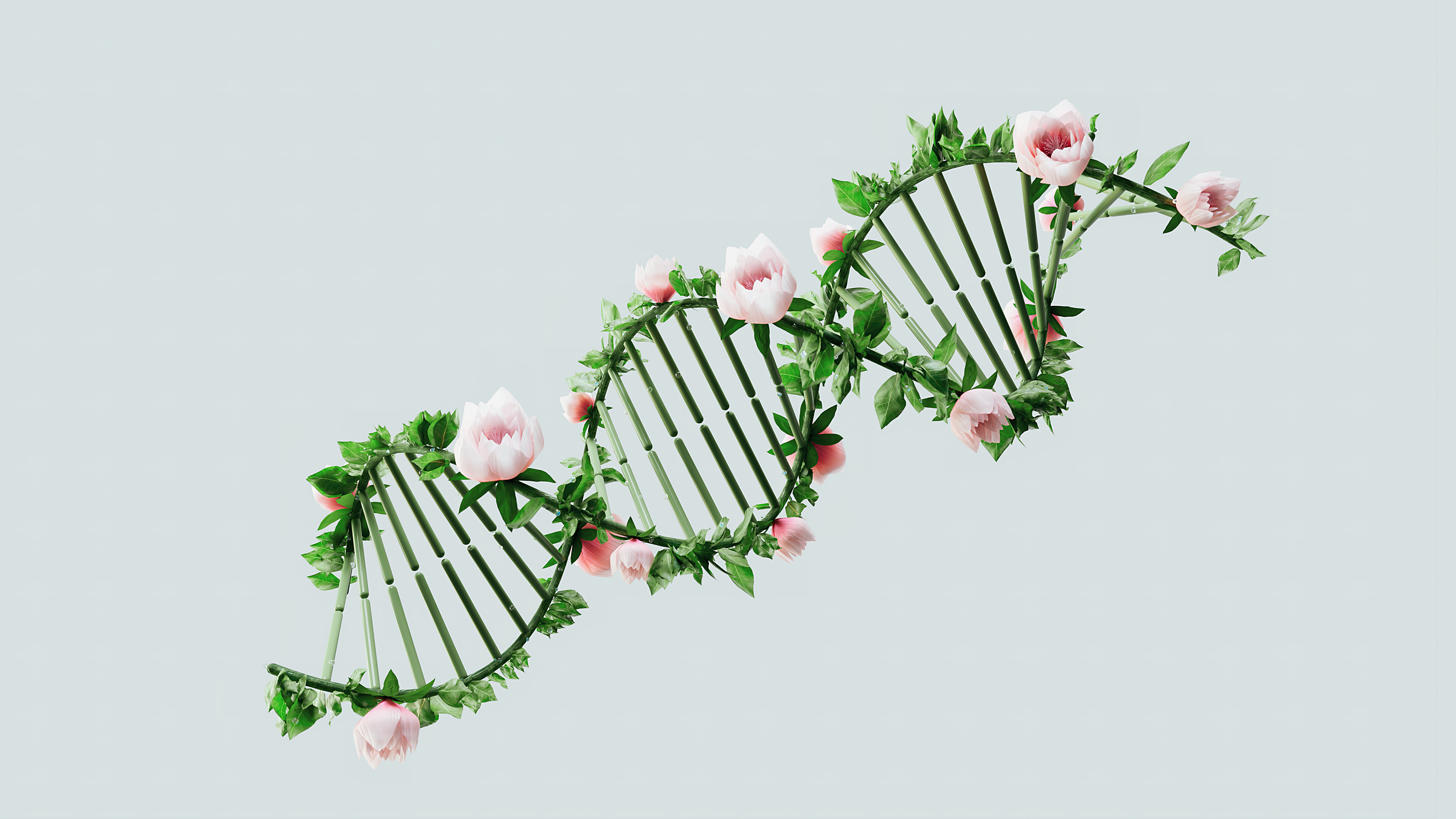
 Freeman Dyson
Freeman Dyson
Institute for Advanced Study in Princeton, NJ
Nov 10, 2004
Abstract
Freeman Dyson will explore how genetic engineering will soon circumvent the Darwinian principles that have governed evolution over the last three billion years. Just as computer technology has transformed our daily lives, in the near future the domestication of biotechnology in the guise of biotechnological tinkering will result in an explosion of biodiversity. Dyson will discuss the social and economic implications of this potentially beneficial-and potentially catastrophic-technological revolution. This revolution is already underway and brings five questions to mind: Is it possible to stop this revolution? Is it desirable? If not, how can rules be written to avoid abuses and disasters? Can we build an International Biotechnology Agency like the International Atomic Energy Agency to share benefits and information? Can we build an open world with a biological World Wide Web? These questions raise only some of the challenges for the Open Software movement in the twenty-first century.
Biography
Called by SF writer Arthur C. Clarke "one of the true geniuses of our age", Freeman Dyson has been for most of his life a professor of physics at the Institute for Advanced Studies in Princeton. Born in England, he came to the United States in 1947 where he worked with Hans Bethe and Richard Feynman. Dyson is renowned for his subsequent work in unifying the three versions of quantum electrodynamics invented by Feynman, Schwinger and Tomonaga. Dyson has written a number of books about science and social issues for the general public, including Weapons and Hope (1984), Infinite in All Directions (1988), and Origins of Life (1986). His 1999 book The Sun, the Genome and the Internet discusses how modern technology could be used to narrow the gap between rich and poor rather than to widen it. Dyson is a fellow of the American Physical Society, a member of the US National Academy of Sciences, and a fellow of the Royal Society of London. In 2000 he was awarded the Templeton Prize for Progress in Religion.